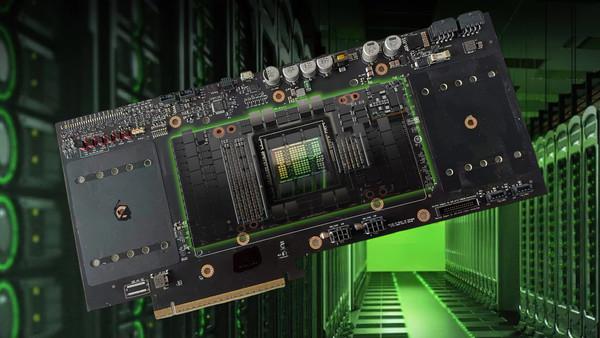South Korea has made great progress in the field of artificial intelligence in recent years, trying to take the lead in the global AI competition through large-scale AI computing clusters. However, according to the Korean media "Chosun Ilbo", South Korea's supercomputer "Supercomputer 6" project was forced to be postponed to 2026 due to a global shortage of AI chips, which dealt a major blow to its AI development plan.

Currently, many countries and companies around the world are making every effort to build giant AI clusters to enhance their own AI computing capabilities. Huge market demand has put great pressure on the AI chip supply chain, and South Korea is not immune. The report pointed out that South Korea planned to invest about 2.9 trillion won (approximately 15.022 billion yuan) to build the "Supercomputer No. 6". It was originally planned to support the AI computing needs of scientific researchers and professionals. However, due to the shortage of AI chips, the project had to be Delay. This delay will put greater pressure on South Korea's existing supercomputing resources. Currently, 90% of computing power is fully utilized. As demand increases, there may be a shortage of computing power in the future.
The surge in global demand for AI chips has not only led to supply chain bottlenecks but also triggered price spikes. Top-end AI GPUs like Nvidia's H100 have become the target of competition in the market, with supply exceeding demand forcing many organizations to readjust their plans to cope with rising costs. It is reported that the delay of the "Supercomputer 6" project is not an isolated case. The construction of AI infrastructure in many countries has been affected to varying degrees due to chip shortages.

Despite this, the craze for AI technology continues to grow. Global technology giants are stepping up their efforts to expand AI computing capabilities. Many countries, including the United States and the Middle East, have listed AI technology development as a "national priority." A large amount of money is flowing into AI-related fields, which further intensifies competition in the AI chip market.